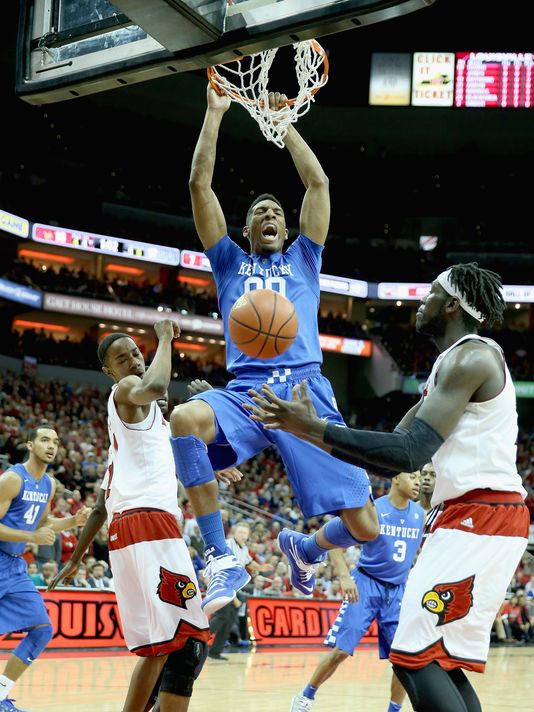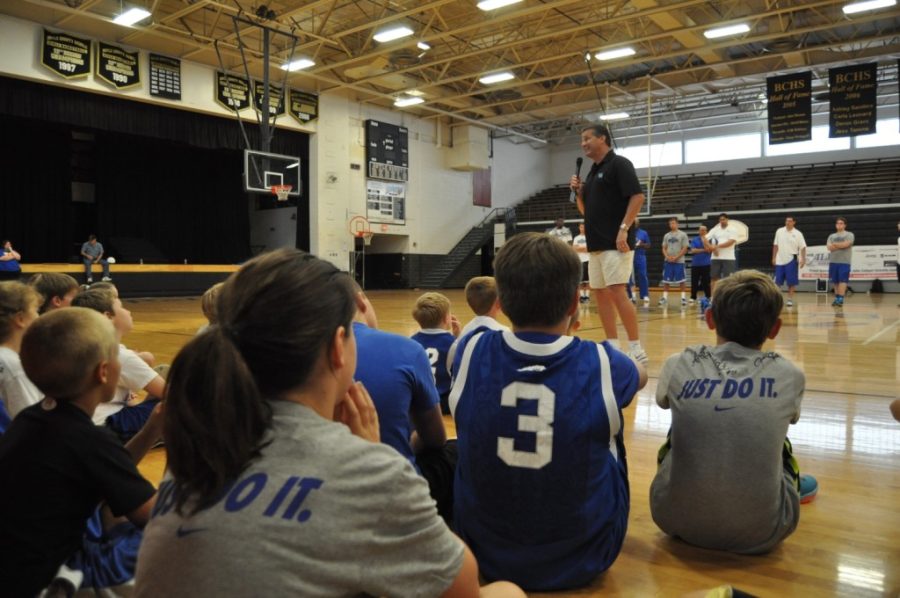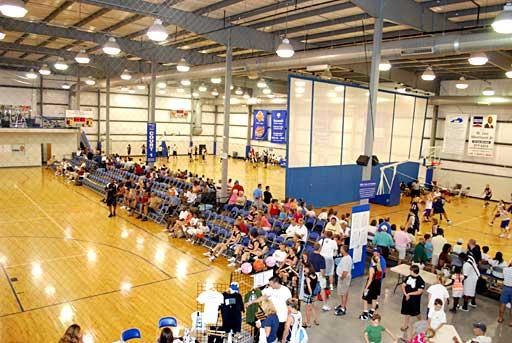By: Ben Tompkins (@bennytomp18)
Would you let your son play football? It’s a question that has quickly risen to the perennial dinner table gossip amongst parents. It shouldn’t strike you as news that football is a violent sport – after all, there’s a reason parents are required to sign medical releases before the beginning of each season. But as we continue to learn about the long-term affects of football on the brain and the degenerative brain disease known as chronic traumatic encephalopathy, or CTE, it’s becoming clearer to parents that the dangers associated with the sport span long after the final whistle has blown.
I played football for 11 years. Through youth league, middle and high school, and a season of Division III ball, I was lucky enough to never have suffered a season-ending injury. You’re aware of the risks when you strap up your helmet and pop your mouthpiece in, but one thing that never became inherent until my career wound down was the significance of concussions.
In fact, it was my high school football coach Billy Martin who infamously stated during a Sunday film session, “Neurologists don’t know shit. They’re just trying to keep you off the field because back when they were in high school being a nerd, they got their girlfriend stolen by a football player.” As players, we were encouraged to purposely respond to the computer concussion tests at a slower rate so if we ever did find ourselves conducting them due to protocol, our scores wouldn’t be significantly different. My senior season, three of my teammates were told they had sustained so many concussions that if they kept playing, they ran the risk of injury so potentially threatening, it could kill them. They hadn’t even celebrated their 18th birthdays.
It wasn’t until the suicide of Hall of Fame linebacker Junior Seau that I truly learned about CTE. Here’s a guy that I grew up watching on television for 20 years, a guy that seemed so full of joy and appreciation for life, that abruptly decided to end it all. Then in December, seven months after Seau had taken his own life, I heard the word mentioned again: CTE.
Javon Belcher, a Kansas City Chiefs linebacker, had gotten into an argument with his girlfriend and the mother of his three-month-old daughter. With his mother watching, Belcher gunned down his girlfriend, shooting her a total of nine times. He then traveled less than five miles to a team practice facility at Arrowhead Stadium, holding a gun to his head. Kneeling in the parking lot, thanking Chiefs general manager Scott Pioli and asking him to take care of his daughter while sirens grew louder in the background, Belcher pulled the trigger.
According to Boston University’s website, CTE is a progressive degenerative disease of the brain found in people with a history of repetitive brain trauma. Symptoms include confusion, aggression, depression, memory-loss, and early onset dementia. In the late stages, CTE may be clinically mistaken for Alzheimer’s disease and Parkinsonism.
In 2008 as more and more former NFL players and their families began to acknowledge the diagnosable symptoms of CTE, Boston University opened the Center for the Study of Traumatic Encephalopathy and named Dr. Ann McKee its chief neuropathologist. Already established as the standing director of neuropathology at the Department of Veterans Affairs in Bedford, Massachusetts, she began collecting brain samples and examining them for indicating signs of CTE. In September 2014, McKee published a study that concluded 76 of 79 former professional players had evidence of the condition.
The findings came as part of a wider study in which the department examined the brains of 128 deceased football players who had played the game at professional, semi-professional, college, or high school level. It found that of the 128 former players, 101 tested positive for the disease. Of the brains Dr. McKee had examined, 96% of former NFL players and 79% of former football players had tested positive for CTE.
When I wake up in the morning and my feet hit the floor, my body hurts. I’m 22 years old, and I can see what half a life of football has done to me. I rub my knees, thinking about how many times I elevated to catch a pass as a defensive back planted his helmet into them. I look at my fingers, all bent and crooked, having broken and jammed every one cushioning the blow from a quarterback’s strike. But the thing that scares me the most about the long-term affects of the sport I love is what I can’t see.
The only thing that’s visible is trying to focus on Billy Martin through watering eyes and a foggy headache as he asks, “Tompkins, can you go?”
It is the love of the game that pushes us to shake it off, turn it on, swallow it down and strap it up. It is the notion that if your brother is still standing in the huddle, then damnit, you better be too.
I don’t condemn the sport for the way my body feels in the morning because if given the chance, I’d do it again in a heartbeat. But as I begin to think about the sport that I love, and the people I’ll love as I’ll eventually raise a family of my own, I’m left considering this: Do I want to ensure that my son lives a full and healthy life, or do I want to hope for the best every time his helmet strikes another, knowing each blow could be amounting to irreversible mental deficiencies?
To me, it seems like a no-brainer.














